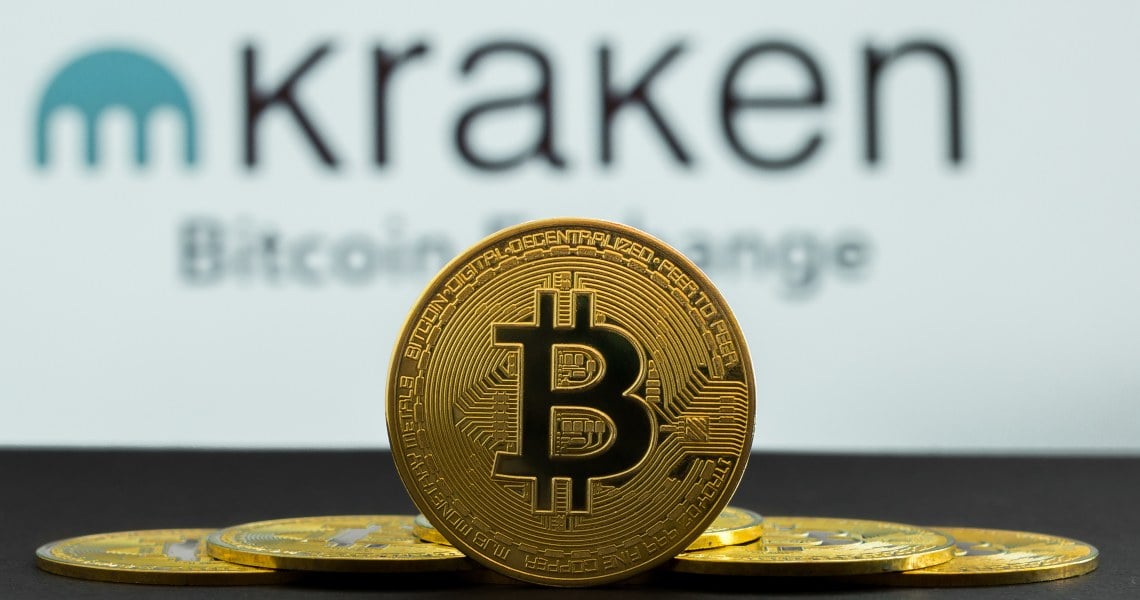Kraken has published its Transparency Report for 2019, of which they shared a screenshot via Twitter.
It's that time again. Here's a snapshot of our Compliance team's 2019 Transparency Report. Team America still ahead with 61% of total requests, down from 66% last year. Other geos gaining fast. Trend is obvious. Costs are increasing, even in a relatively flat market. pic.twitter.com/4AMe11unoL
— Kraken Exchange (@krakenfx) January 7, 2020
In particular, the screenshot concerns requests for information received by the exchange from regulators and government agencies, with US agencies in the lead. In fact, more than 60% of the requests received by the exchange came from US agencies, with UK agencies in second place, but far behind.
The curious thing is that, although it is a US exchange, less than 40% of the clients reside in the US, and yet 60% of the requests for information come from the US. This means that US government agencies are more interested than others in the data held by Kraken, who is required by law to provide it.
As far as the various US agencies are concerned, the most active was the FBI, with 116 requests, followed by the Drug Enforcement Administration, with 73, and Homeland Security Investigations and Immigration and Customs Enforcement with 65.
There weren’t many requests from the SEC (20) and the Internal Revenue Service (29).
Overall, these requests increased by 49% in 2019 compared to the previous year, reaching a total of 710, equal to an average of almost two requests per day.
Moreover, they involved 1,222 accounts, which in percentage terms is very small compared to the hundreds of thousands of accounts active on Kraken.
However, compared to 2018, the percentage of requests from the US decreased, as the year before they were 66%, compared to 61% in 2019. This means that other agencies are making more requests of this kind.
This increase inevitably leads to higher costs for the exchange in order to fully comply with the regulations on the transparency of transactions. The concern is that it may end up being unloaded on customers in some way should the exchange find no other way to cover the expenses.
Other exchanges have also reported that requests have increased significantly over the past year, suggesting that this is a widespread problem for crypto exchanges.
Obviously, only centralised exchanges are required to respond to these requests, since decentralised exchanges do not have any data that is not already publicly available.




